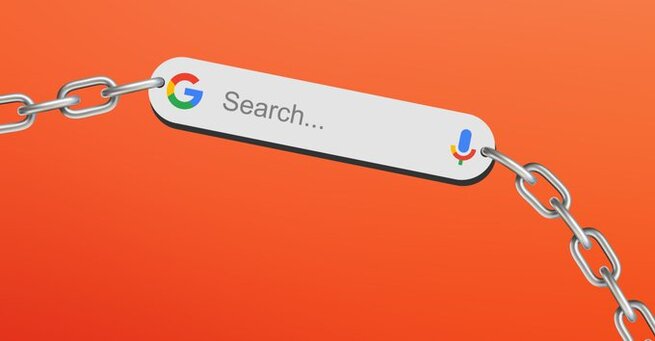
A new courtroom battle shows how Google fights to prevent search remedies from inhibiting its AI ambitions — even as regulators push to rein in its search dominance.
At a federal courthouse in Washington, D.C., Google’s attorney John Schmidtlein argued before Judge Amit Mehta that upcoming restrictions on its search practices should not hinder its ability to expand into artificial intelligence. The company wants to ensure that the court’s remedies order doesn’t block it from bundling its Gemini AI app with major Google products like YouTube and Maps.
The hearing comes as Google and the U.S. Department of Justice (DOJ) finalize a remedies order designed to restore fair competition in search — a market Mehta ruled Google illegally monopolized.
While the judge rejected some of the DOJ’s most sweeping proposals, like spinning off the Chrome browser, he did accept measures aimed at increasing competition. These include sharing search data with rivals and limiting exclusive distribution deals that previously favored Google’s dominance.
But Google insists that applying similar restrictions to AI would be premature. According to Bloomberg, Schmidtlein told the court that limiting Gemini’s distribution could “stifle innovation” in a rapidly evolving market.
As Google fights to prevent search remedies from inhibiting its AI ambitions, it argues that the AI market is not yet monopolized. Schmidtlein compared Google’s Gemini strategy to Microsoft’s integration of Copilot with Office, claiming that AI bundling should not face the same scrutiny as search did.
He emphasized that Maps and YouTube are not monopoly products but rather key services that could enhance the Gemini experience. By combining them, Google believes it can deliver a more powerful AI ecosystem for users.
However, Judge Mehta expressed concern that forcing manufacturers to install Gemini alongside these apps could give Google “leverage” — a move that might echo past anticompetitive behavior in search distribution.
This debate underscores the tension between AI innovation and antitrust enforcement. Regulators want to prevent Google from using its dominance in search to control the next frontier — AI. Meanwhile, Google argues that too many restrictions could hurt the U.S.’s competitive edge in AI development.
The outcome of this legal dispute will likely shape how big tech companies can integrate AI into their ecosystems. If the court limits Google’s bundling power, it could slow Gemini’s adoption but open opportunities for smaller AI players.
As Google fights to prevent search remedies from inhibiting its AI ambitions, it’s not just protecting its products — it’s defending a broader vision of how AI should be built and distributed.
This case highlights a new reality: the battle for dominance in AI may soon mirror the one that reshaped search decades ago. For now, Google’s AI ambitions hang in the balance as the company awaits Judge Mehta’s final ruling.
𝗦𝗲𝗺𝗮𝘀𝗼𝗰𝗶𝗮𝗹 𝗶𝘀 𝘄𝗵𝗲𝗿𝗲 𝗿𝗲𝗮𝗹 𝗽𝗲𝗼𝗽𝗹𝗲 𝗰𝗼𝗻𝗻𝗲𝗰𝘁, 𝗴𝗿𝗼𝘄, 𝗮𝗻𝗱 𝗯𝗲𝗹𝗼𝗻𝗴. We’re more than just a social platform — from jobs and blogs to events and daily chats, we bring people and ideas together in one simple, meaningful space.